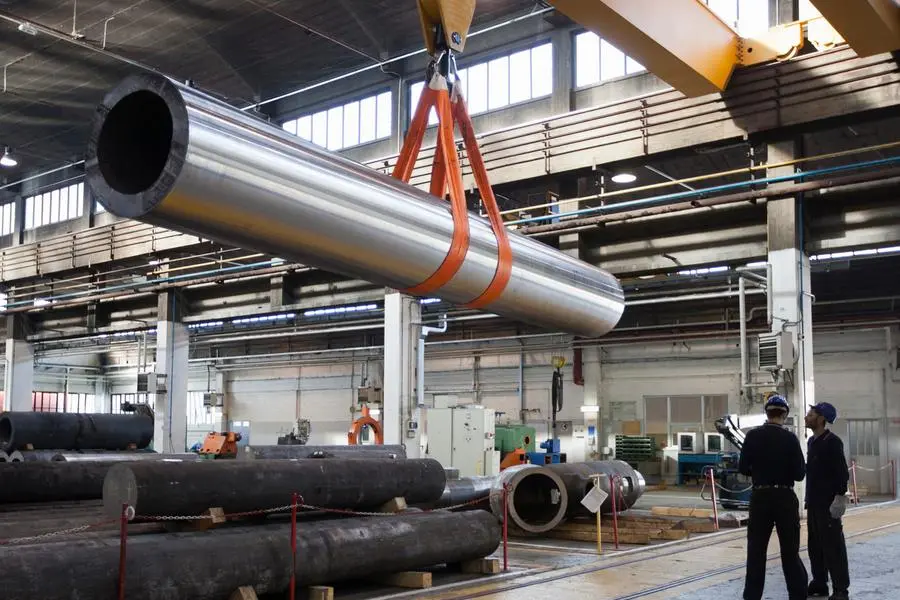PHOTO
Muscat - Boding well for the growth of a global network of green steel industrial complexes in a number of countries around the world, including Oman, mining conglomerate Vale SA has announced plans for similar hubs to be constructed in Brazil and North America as well.
The announcement comes on the heels of agreements signed by Rio de Janeiro-headquartered Vale in May this year for the establishment of an integrated industrial complex (dubbed a mega hub) to produce low-carbon products for the steelmaking industry in the Special Economic Zone at Duqm (SEZAD).
Hot Briquetted Iron (HBI) and other steel products produced at this mega hub are envisioned to involve the use of technologies that will generate significantly lower carbon emissions, and eliminate emissions altogether when green hydrogen is the main fuel source.
This decarbonised feedstock is proposed to be supplied to steelmakers in Oman and the wider Middle East, helping support the greening of steel production in general.
Wednesday’s announcement is seen as a further affirmation of Vale’s commitment to pressing ahead with the development of mega hubs planned in Saudi Arabia and UAE, besides Oman.
In its most recent announcement, Vale, which operates a world-scale iron ore pelletising plant and distribution centre at the Port of Sohar, said it has signed an agreement with Swedish industrial startup H2 Green Steel to study the feasibility of developing green industrial hubs in Brazil and North America. The proposed hubs will focus on the production of low-carbon steel value chain products, such as HBI and green hydrogen, using iron ore briquettes supplied by Vale.
Vale’s investments in a wider international network of integrated industrial complexes are in line with its goal to reduce its Scope 3 emissions across the value chain by 15 per cent by 2035, with the ultimate aim to be carbon-neutral by 2050. To this end, it has pledged investments of between $4–6 billion globally.
Significantly, the underlying model envisioned by Vale in the establishment of mega hubs, as in the case of Duqm in Oman, opens up a major role for other players to be involved as well. Thus, while the Brazilian mining giant is expected to build and operate iron ore concentrating and briquetting plants within the hubs, local utilities and other players are expected to pitch in with investments in logistics and services. In the Oman context, Vale has already signed an agreement with Marafiq – the integrated utilities provider part of OQ Group – to explore a role.
Likewise, other investors and offtakers of HBI are expected to step in with the development and operation of Direct Reduction Iron (DRI) plants within the Mega Hubs to meet their own feedstock requirements and those of the wider steelmaking industry.
2022 © All right reserved for Oman Establishment for Press, Publication and Advertising (OEPPA) Provided by SyndiGate Media Inc. (Syndigate.info).
Conrad Prabhu





















